2021 Faculty
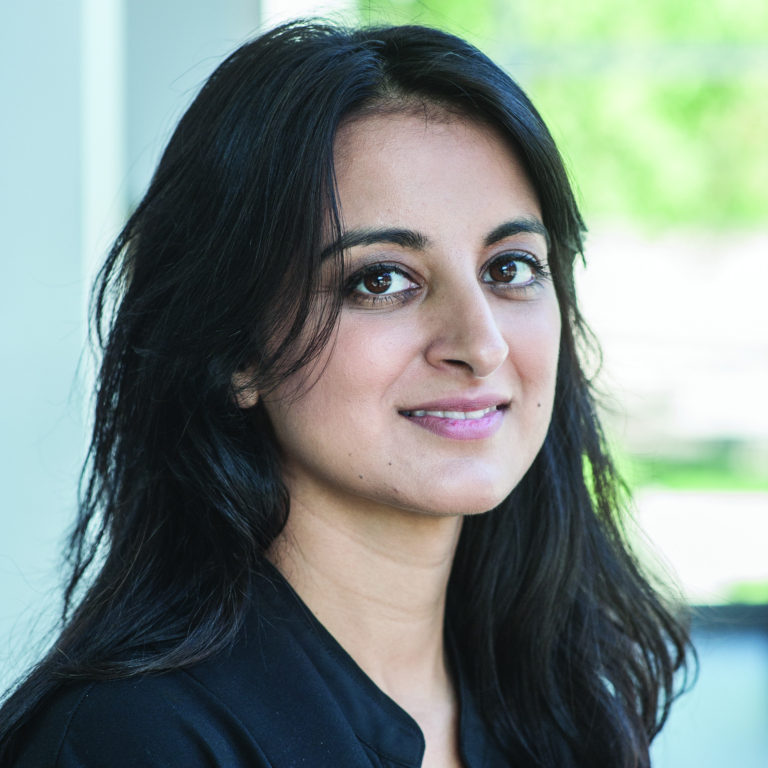
Aziza Ahmed
Aziza Ahmed teaches Property Law, Reproductive and Sexual Health and Rights, and International Health Law: Governance, Development and Rights at Northeastern School of Law. Her scholarship examines the legal, regulatory and political environments for health in US domestic law, US foreign policy and international law. Ahmed was selected as a fellow with the Program in Law and Public Affairs (LAPA) at Princeton University for 2017-2018, where she spent the year developing her work on law, feminism and science into a book with particular emphasis on how women’s health advocates shaped the AIDS response. She has also written extensively about abortion and reproductive health. Prior to joining Northeastern, Ahmed was a research associate at the Harvard School of Public Health Program on International Health and Human Rights, following a Women’s Law and Public Policy Fellowship with the International Community of Women Living with HIV/AIDS.
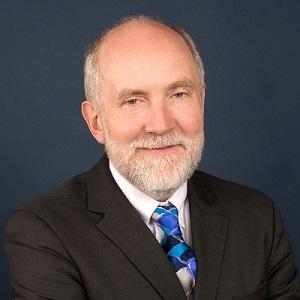
Matt Bunn
Matthew Bunn is a Professor of Practice at the Harvard Kennedy School. His research interests include nuclear theft and terrorism; nuclear proliferation and measures to control it; the future of nuclear energy and its fuel cycle; and innovation in energy technologies. Before coming to Harvard, Bunn served as an adviser to the White House Office of Science and Technology Policy, as a study director at the National Academy of Sciences, and as editor of Arms Control Today. He is the author or co-author of more than 25 books or major technical reports (most recently Preventing Black-Market Trade in Nuclear Technology), and over 150 articles in publications ranging from Science to The Washington Post.
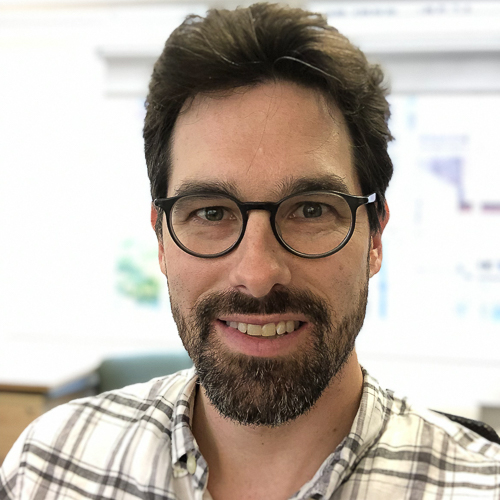
Sam Weiss Evans
Sam Weiss Evans is a Research Fellow with the Program for Science, Technology, and Society at the Harvard Kennedy School and a Research Associate John A. Paulson School of Engineering and Applied Sciences. Sam is involved in many aspects of the work of the Program, and his current projects include research on security governance of science and emerging technology, and methods for STS researchers to engage with engineers and scientists on the social and political aspects of very early stage research. He is also the Project Coordinator for the Trust in Science project (in collaboration with the Harvard Data Science Initiative).
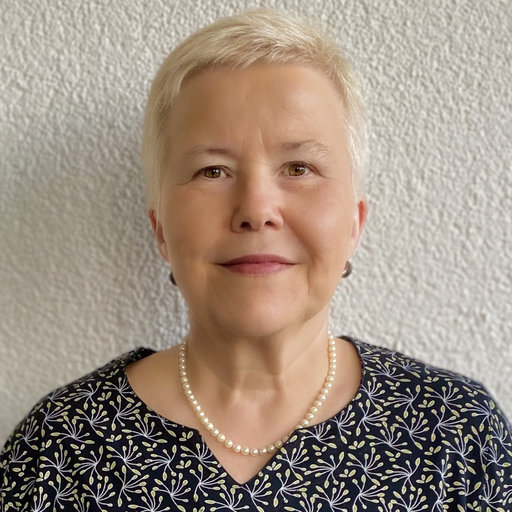
Ulrike Felt
Ulrike Felt is Professor of Science and Technology Studies since 1999, and Head of the Departement of Science and Technology Studies and of the research platform Responsible Research and Innovation in Academic Practice. After having finished her PhD in theoretical physics at the University of Vienna in 1983, she worked for nearly five years in an interdisciplinary research team of science historians at the European Center for High Energy Physics (CERN) in Geneva studying social, political and scientific aspects in the foundation period of this first big European research institution. During this period her research interests moved into the field of science and technology studies (STS). After her stay at CERN she returned to Vienna, where she took up a position at the newly founded Institute for Philosophy of Science and Social Studies of Science headed by Helga Nowotny. In 1997 she received her habilitation in Science Studies/Sociology of Sciences.
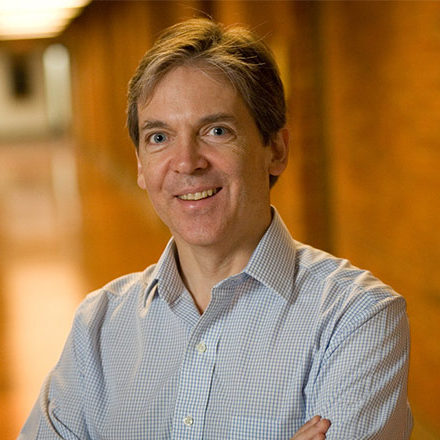
Stephen Hilgartner
Stephen Hilgartner is Professor of Science and Technology Studies at Cornell University, where he studies the social and political dimensions of emerging science and technology, especially in the life sciences. His research focuses on situations in which scientific knowledge is implicated in establishing, contesting, and maintaining social order — a theme he has examined in studies of expertise, property formation, risk disputes, and biotechnology. His most recent book, Reordering Life: Knowledge and Control in the Genomics Revolution (MIT Press, 2017), examines how new knowledge and new regimes of control took shape during the Human Genome Project. Hilgartner’s book on science advice—Science on Stage: Expert Advice as Public Drama—won the Rachel Carson Prize from the Society for Social Studies of Science. He is a co-editor of two recent books: Science & Democracy: Making Knowledge and Making Power in the Biosciences and Beyond (Routledge, 2015) and Handbook of Genomics, Health and Society (Routledge, 2018).
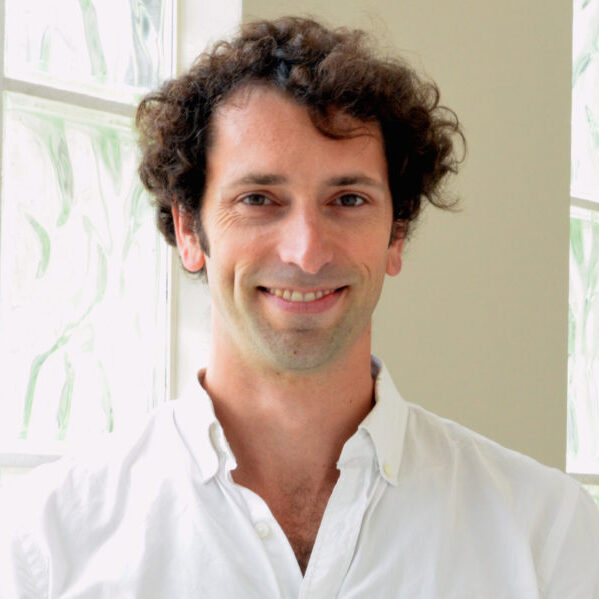
J. Benjamin Hurlbut
J. Benjamin Hurlbut is Associate Professor of Biology and Society in the School of Life Sciences at Arizona State University. He is trained in Science and Technology Studies with a focus on the history of the modern biomedical and life sciences. Hurlbut studies the changing relationships between science, politics and law in the governance of biomedical research and innovation, examining the interplay of science and technology with notions of democracy, religious and moral pluralism, and public reason. He is the author of Experiments in Democracy: Human Embryo Research and the Politics of Bioethics (Columbia University Press, 2017) and co-editor of Perfecting Human Futures: Transhuman Visions and Technological Imaginations (2016), as well as author of numerous articles and book chapters. He received a Ph.D. in the History of Science from Harvard University and was a postdoctoral fellow in the Program on Science, Technology and Society at Harvard Kennedy School.
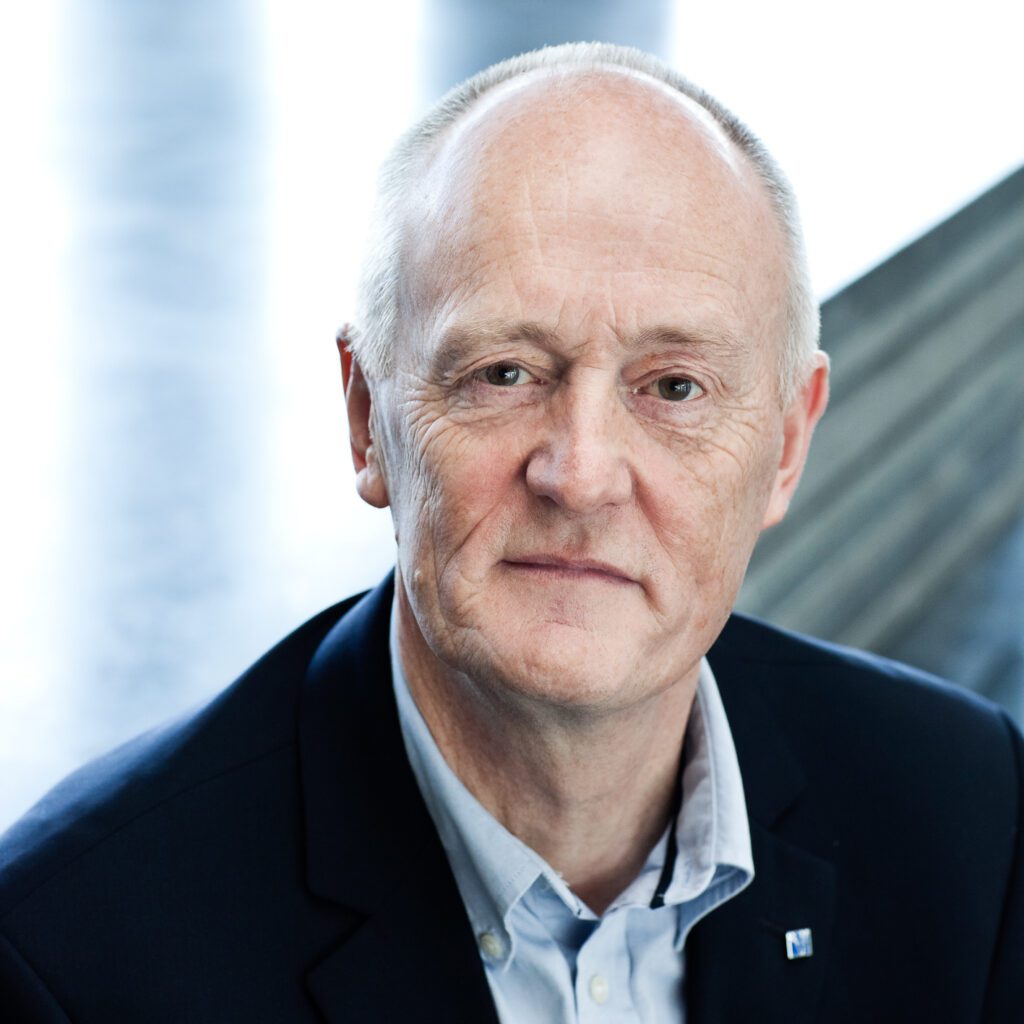
Alan Irwin
Alan Irwin is a Professor in the Department of Organization at Copenhagen Business School. From 2015 to 2018, he was also the Vice-President of Entrepreneurship and Innovation. Between 2007 and 2014, he was Dean of Research at CBS. He was in addition Acting President during 2011. Previously, he was Professor of Science and Technology Policy, and Dean of Social and Environmental Studies, at the University of Liverpool. His PhD is from the University of Manchester and he has held appointments at Manchester and at Brunel University. He is a Fellow of the Academy of Social Sciences, a foreign member of the Royal Danish Academy of Sciences and Letters, and an Honorary Fellow of the British Association for the Advancement of Science. He has an honorary doctorate from the University of Gothenburg. Alan Irwin has published over a number of years on issues of science and technology policy, scientific governance, environmental sociology and science-public relations. His current research focuses on research and innovation policy.
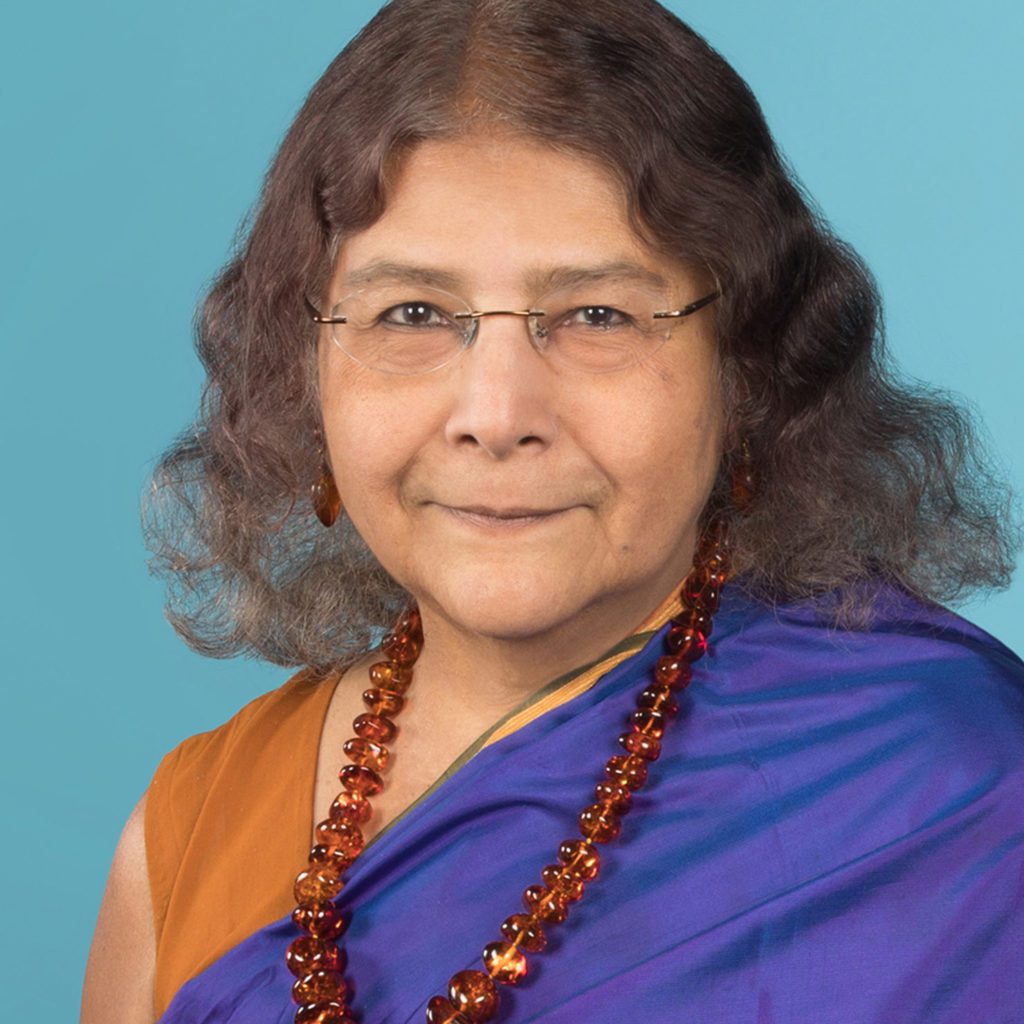
Sheila Jasanoff
Sheila Jasanoff is Pforzheimer Professor of Science and Technology Studies at the John F. Kennedy School of Government at Harvard University. Previously, she was Professor of Science Policy and Law at Cornell University and founding chair of Cornell’s Department of Science and Technology Studies. At Harvard, she directs the Kennedy School’s Program on Science, Technology and Society (STS). In 2002, she founded the Science and Democracy Network, an international community of STS scholars dedicated to improving scholarly understanding of the relationships among science, technology, law, and political power. Jasanoff has been a pioneer in building the field of Science and Technology studies (STS) and shaping its research trajectories. Her writings on law and science, risk management, the comparative politics of regulation, and science in environmental decisionmaking count as basic texts in these fields.
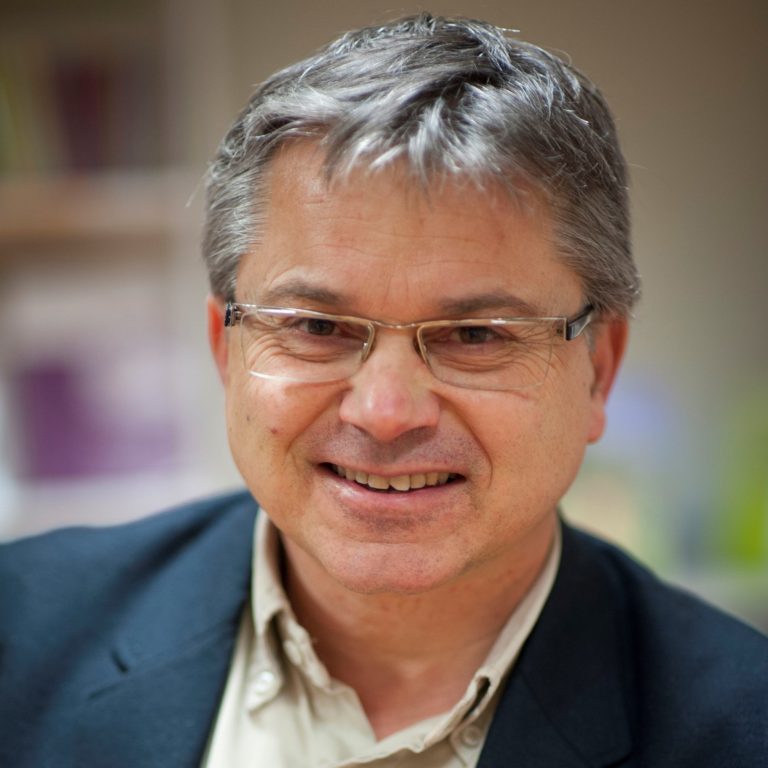
Pierre-Benoit Joly
Pierre-Benoit Joly, economist and sociologist, is Directeur de recherche at the National Institute of Agronomic Research (INRA) in France. He has been Director of the IFRIS (French Institute for Studies of Research and Innovation in Society) and of Labex (Laboratory of Excellence) SITES from 2011 to 2014 and he is now the director of LISIS (Laboratoire Interdisciplinaire Sciences Innovations Sociétés).His research focuses on the co-production of knowledge and social order through empirical studies of the interactions between science, democracy and the market. The aim is to analyze the contemporary transformations of scientific public space and new modes of governance of innovation and risk. Joly has coordinated or participated in several European research projects in these areas. He has published six books, coordinated four special issues of journals and published more than 110 articles or book chapters. He lectures at the Ecole des Hautes Etudes en Sciences Sociales.
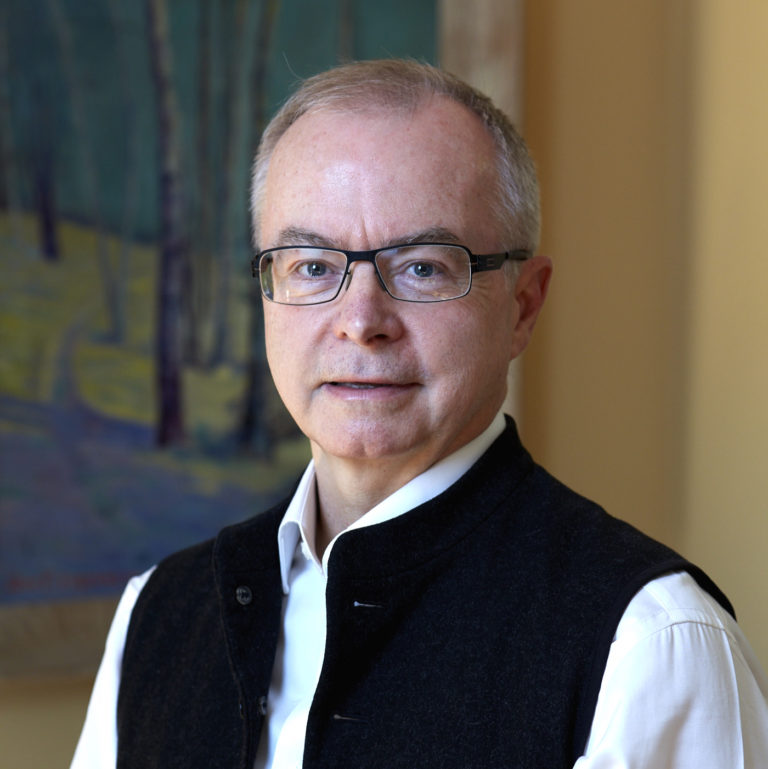
David Kennedy
David Kennedy is Manley O. Hudson Professor of Law and Faculty Director of the Institute for Global Law and Policy at Harvard Law School, where he teaches international law, international economic policy, legal theory, law and development and European law. He is the author of numerous articles and books on international law and global governance. A member of the U.S. Council on Foreign Relations, Kennedy is past Chair and Member of the World Economic Forum’s Global Advisory Council on Global Governance. At Harvard, he served as Chair of the Graduate Committee and Faculty Director of International Legal Studies. He founded Harvard’s European Law Research Center in 1991 and served continuously as its Faculty Director. In 2008-2009, he served as University Professor of Law and David and Marianna Fisher University Professor of International Relations at Brown University.
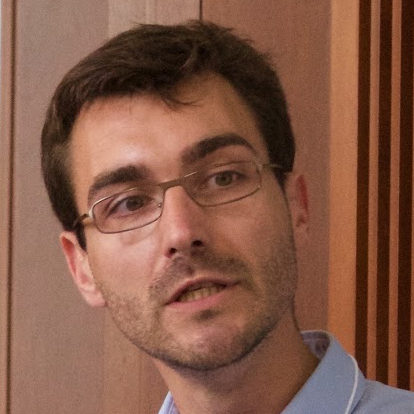
Brice Laurent
Brice Laurent is senior researcher at the Center for the Sociology of Innovation of Ecole des Mines ParisTech, PSL Research University. He received his Ph.D. in Science and Technology Studies in 2011 and has been studying issues related to science and democracy since then. He initially developed a line of work on emerging technologies and democratic experiments. His current research interests relate to the politics of object-making in regulatory arenas, experimental governance in urban settings, and the politics of mineral resources. Laurent teaches at Mines ParisTech and Sciences Po Paris. His publications include Les Politiques des Nanotechnologies (Charles Léopold Mayer, 2010) and Democratic Experiments (MIT Press, 2017). An edited volume entitled Labelling the economy. The politics of qualification in contemporary markets, co-edited with Alexandre Mallard, is forthcoming in 2019 (Palgrave).

Clark A. Miller
Clark A. Miller is Director of the Center for Energy & Society and Professor in the School for the Future of Innovation in Society at Arizona State University. His most recent books, Designing Knowledge (2018), The Weight of Light (2019), and Cities of Light (2021), explore the use of STS as a framework for analyzing and informing the design of future sociotechnical systems. He has written extensively about the construction and use of knowledge in democratic politics, the globalization of science and scientific institutions, and governance of large-scale transformations in the relationships between technology and society. He also co-authored the recent report, Accelerating Decarbonization of the US Energy System (2021), by the National Academies of Science, Engineering, and Medicine, which includes detailed assessments of the societal and equity dimensions of large-scale transitions in energy technologies.
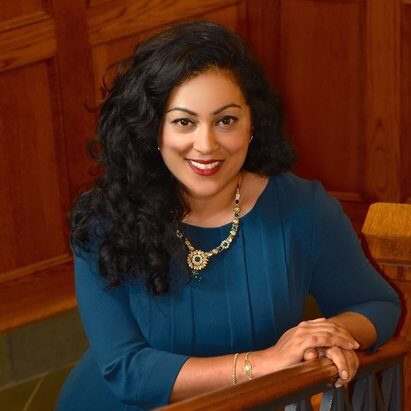
Shobita Parthasarathy
Shobita Parthasarathy is a professor of public policy and director of the Science, Technology, and Public Policy Program at the University of Michigan’s Gerald R. Ford School of Public Policy. Her research focuses on the comparative and international politics and policy related to science and technology. She is interested in how to develop innovation, and innovation policy, to better achieve public interest and social justice goals. Much of her work has focused on the governance of emerging science and technology, particularly those that have uncertain environmental, social, ethical, political, and health implications. She is the author of multiple articles and two books: Building Genetic Medicine: Breast Cancer, Technology, and the Comparative Politics of Health Care (MIT Press 2007; paperback 2012), which influenced the 2013 U.S. Supreme Court case challenging the patentability of human genes; and Patent Politics: Life Forms, Markets, and the Public Interest in the United States and Europe (University of Chicago Press, 2017) which won the Robert K. Merton Prize from the American Sociological Association. Her new research projects focus on the politics of inclusive innovation in international development, with a focus on India, and the development and governance of diagnostic testing for COVID-19, comparing the United States, United Kingdom, Singapore, and South Korea. Parthasarathy also directs the Technology Assessment Project, which recently published a report on the use of facial recognition technology in schools. She received her undergraduate degree from the University of Chicago and master’s and PhD from Cornell University.
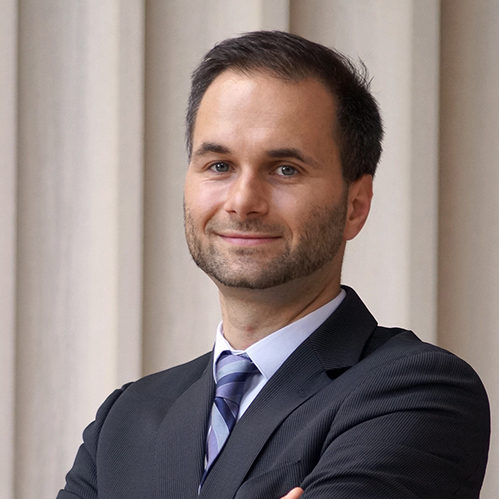
Sebastian Pfotenhauer
Sebastian Pfotenhauer is Professor for Innovation Research and Co-Director of the Munich Center for Technology in Society (MCTS) at Technical University of Munich. As an STS and innovation policy scholar, he studies regional innovation cultures and strategies, the global circulation of innovation practices, the governance of emerging technologies, and responsible innovation practices. Before joining TU Munich, he was a research scientist and lecturer with the MIT Technology & Policy Program and the MIT Sociotechnical Systems Research Center, as well as a fellow at the Harvard Program on Science, Technology and Society. He regularly serves as consultant to governments and international organizations. Sebastian is the coordinator of the German federal research cluster MCube (“Munich Cluster for the Future of Mobility in Metropolitan Regions”) and the EU-Horizon2020 project SCALINGS (“Scaling up co-creation: Avenues and Limits for Integrating Society in Science and Innovation”).
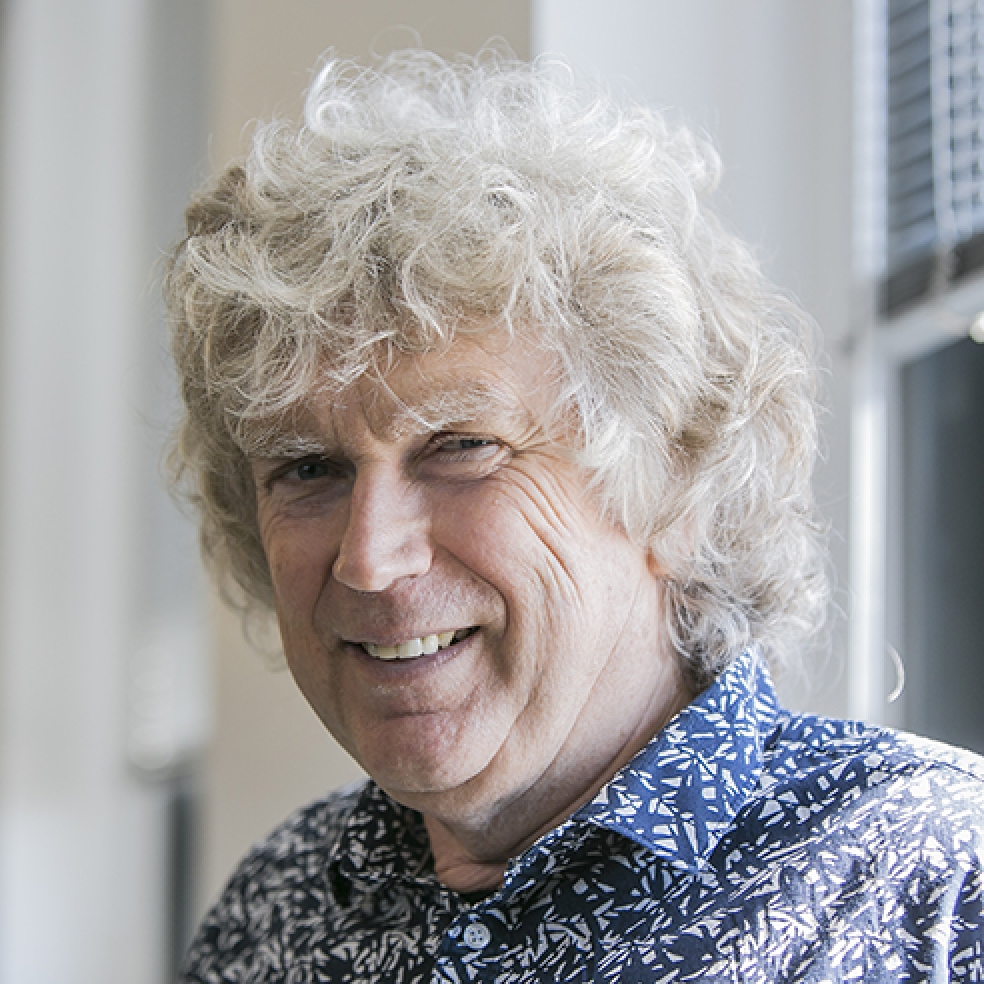
Trevor Pinch
Trevor Pinch is Goldwin Smith Professor of Science and Technology Studies at Cornell University. His main research centers: on the sociology of technology and how users engage with technology; sound studies and music and in particular the development of musical instruments and sound objects; and markets and the economy with specific attention to the study of selling and persuasion. His most recent book is series of interview conducted by Italian Media Scholar, Simone Tosini, Entanglements: Conversations on the Human Traces of Science, Technology and Sound, MIT Press 2017. He is also a performing musician with the Electric Golem. He was awarded an honorary degree by the University of Maastricht in 2012 and received the 2018 J.D. Bernal career award from the Society for Social Studies of Science read more about his award here.
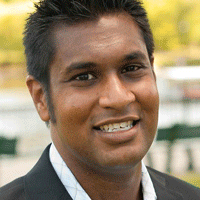
Krishanu Saha
Krishanu Saha is Associate Professor of Biomedical Engineering and Medical History and Bioethics at the University of Wisconsin-Madison. He was recently named the McPherson Eye Research Institute’s Retina Research Foundation Kathryn and Latimer Murfee Chair for 2019-2022. His lab is at the Wisconsin Institute for Discovery (WID), and he participates on campus in the executive committees of the Stem Cell and Regenerative Medicine Center, Robert F. Holtz Center on Science and Technology Studies, and Forward Bio Institute. Prior to his arrival in Madison, Saha studied chemical engineering and biotechnology at Cornell University, University of Cambridge, and the University of California, Berkeley. In 2007 he became a Society in Science: Branco-Weiss fellow in the laboratory of Professor Rudolf Jaenisch at the Whitehead Institute for Biomedical Research at MIT and with Professor Sheila Jasanoff in the Program on Science and Technology Studies at Harvard University in Cambridge, Massachusetts. At UW-Madison, major thrusts of his lab involve gene editing and cell engineering of human cells found in the retina, central nervous system, liver, and blood. He has published more than 70 scientific manuscripts, filed several patents, and received awards that include the National Science Foundation CAREER Award, Biomedical Engineering Society’s Rising Star Award, and Gund Harrington Scholar Award. He is a member of the National Academies’ Forum on Regenerative Medicine, a co-lead for the T cell testbed within the National Science Foundation’s Center for Cell Manufacturing Technologies (CMaT) and a Co-Chair of the Steering Committee of the National Institutes for Health’s Somatic Cell Genome Editing (SCGE) Consortium.
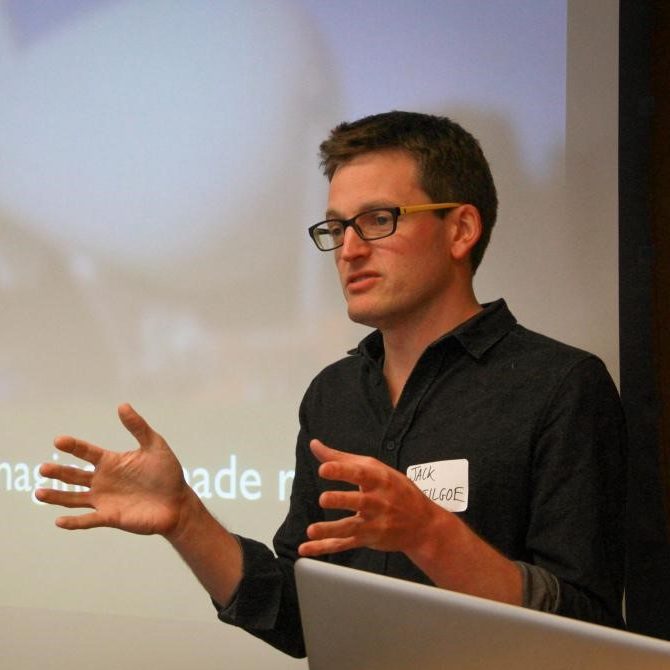
Jack Stilgoe
Jack Stilgoe is an associate professor in Science and Technology Studies at University College London. He teaches and researches the governance of emerging technology. He is Principal Investigator of the Driverless Futures? Project, a three year social science project looking at the governance of self-driving cars. His new book, Who’s driving? New technologies and the collaborative state, will be published in Autumn 2019. He is also the author of Experiment Earth – Responsible innovation in geoengineering. He previously worked in science and technology policy at the Royal Society and the think tank Demos. He is a fellow of the Turing Institute and a Trustee of Involve, a public participation think tank.
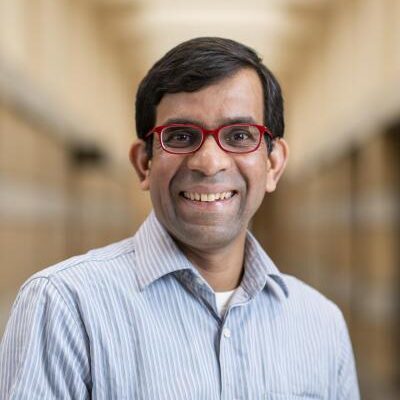
Kaushik Sunder Rajan
Kaushik Sunder Rajan’s work lies at the intersection of Anthropology and Science and Technology Studies (STS), with commitments to social theories of capitalism and postcolonial studies. He seeks to understand the political economy of the contemporary life sciences and biomedicine, with a primary empirical focus on the United States and India. His recent book Pharmocracy: Value, Politics and Knowledge in Global Biomedicine, elucidates the political economy of global pharmaceuticals as seen from contemporary India. Previously, he wrote Biocapital: The Constitution of Post-Genomic Life (Duke 2006), a multi-sited ethnography of genomics and post-genomic drug development marketplaces in the United States and India that tracks the nature and manner of the co-production of economic and epistemic value in contemporary life sciences. He is also the editor of Lively Capital: Biotechnologies, Ethics and Governance in Global Markets (Duke 2012).
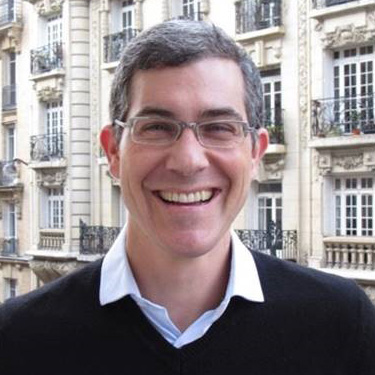
David Winickoff
David Winickoff heads the Working Party on Bio-, Nano-, and Converging Technology at the Organisation for Economic Cooperation and Development in Paris. In this capacity he leads research, policy work, and soft law development in the area of science, technology, and innovation at the national and international levels. He is also an Affiliated Professor and teaches courses at SciencesPo Law School. He is a graduate of Harvard Law School, Cambridge University, and Yale College. Prior to his work at the OECD, he was a tenured professor at the University of California, Berkeley, where he directed the Program on Science and Technology Studies and supervised PhD students in law, STS, and Environmental Policy. He is currently Associated Researcher at the Centre for Health, Law, and Emerging Technologies at Oxford University. In his scholarship, David has pioneered the use of trust principles to help govern the use of personal data in genomics research, and developed ideas for enhancing societal capacity to deliberate about technology. He also developed a theory of “epistemic jurisdiction” in global governance. David’s articles have appeared in Science, New England Journal of Medicine, Berkeley Technology Law Journal, Nature Climate Change, Social Studies of Science and the Yale Journal of International Law, among others. He has served on expert panels of the U.S. National Academies, U.K. Royal Academy, the Bipartisan Policy Center, and has also served as an expert for the French Parliament. He is on the Programme Board of the Rathenau Institute in The Hague.
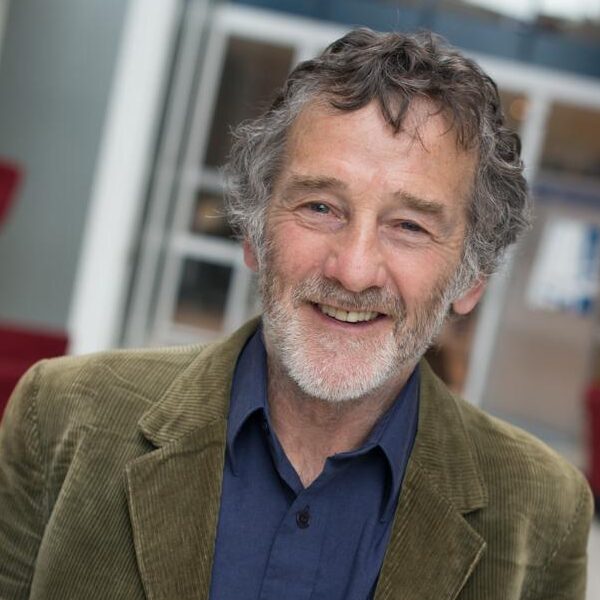
Brian Wynne
Before his retirement Brian Wynne was a Professor of Science Studies at CSEC and at the ESRC Centre for Economic and Social Aspects of Genomics (CESAGen). His education includes MA (Natural Sciences, Cambridge 1968), PhD (Materials Science, Cambridge 1971), MPhil (Sociology of Science, Edinburgh 1977). His work has covered technology and risk assessment, public risk perceptions, and public understanding of science, focusing on the relations between expert and lay knowledge and policy decision-making. He was an Inaugural Member of the Management Board and Scientific Committee of the European Environment Agency, (EEA), (1994-2000) and a Special Adviser to the House of Lords Science and Technology Select Committee Inquiry into Science and Society (March 2000). He is also a member of the London Royal Society’s Committee on Science in Society.
I expanded my understanding of what ‘society’ means, as one of my biggest takeaways. I have a broader picture of society now, with law, policymaking, governance, economy, and the environment figuring prominently . . . all the various elements of society are implicated in discussions around trust and expertise.
2019 Participant


